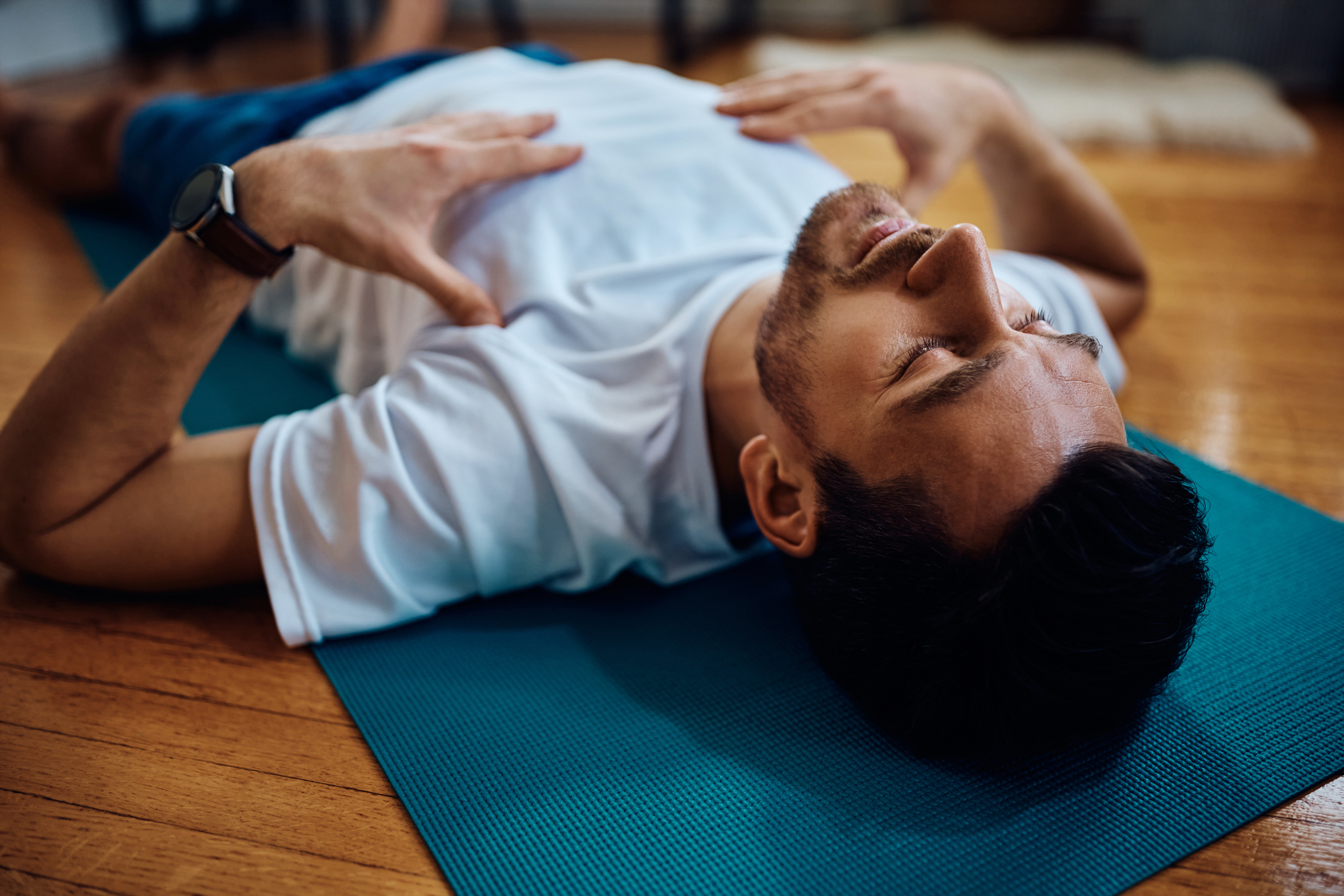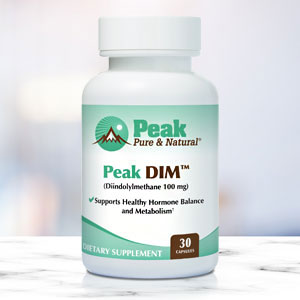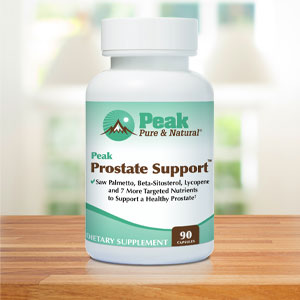Get Easy Health Digest™ in your inbox and don’t miss a thing when you subscribe today. Plus, get the free bonus report, Mother Nature’s Tips, Tricks and Remedies for Cholesterol, Blood Pressure & Blood Sugar as my way of saying welcome to the community!
The one time the benefits of exercise don’t hold up

Exercise is an easy DIY way to boost your health in several areas — including heart and brain health, longevity and blood sugar and weight management.
But how much exercise should you get? And how hard should your workout be?
Studies run the gamut on this front. But overall, the common advice is that your workout should at least be at moderate intensity for a total of 150 minutes (or five 30-minute sessions) per week.
Moderate intensity means you’re breathing hard enough that if you tried to sing, it would be difficult, whereas with vigorous activity you would find it hard to talk as well.
If you really want to supercharge your health, vigorous exercise appears to have greater benefits than moderate exercise.
However, there may be one area where the opposite is true….
Hard exercise and the immune system
On the whole, exercise seems to be good for the immune system. In fact, one study observed that exercise appears to jump-start cytotoxic T cells, making them more able to attack cancer cells. That’s pretty impressive!
However, there is some evidence that exercising too much for too long can actually release stress hormones that suppress the immune system.
One team of U.S. researchers was interested in finding out if vigorous exercise can increase the odds of contracting respiratory infections. So they tested the blood, urine and saliva from 11 firefighters before and after 45 minutes of intense exercise involving carrying up to 44 pounds of gear over hilly terrain.
After examining 4,700 post-exercise fluid molecules, the researchers found the expected physical changes that help the body maintain the increase in fluids, energy and oxygen demanded by exercise. But they also discovered a decrease in molecules involved in inflammation, as well as an increase in opiorphin, a dilator of peripheral blood vessels.
It’s not clear what these changes mean for short-term immune system functioning. But in their paper, the researchers note that opiorphin may increase blood flow to muscles during exercise to improve the delivery of oxygen and nutrients. And they theorize that the decrease in inflammatory molecules they observed in the saliva after exercise could be an adaptation to improve gas exchange in response to higher cellular oxygen demand.
The researchers also observed a change in the participants’ oral microbiome, including an increase in antimicrobial peptides that was possibly compensating for the immune suppression.
“However, this increase in antimicrobial peptides had no effect on inhibiting E. coli growth, suggesting a limited capacity of antimicrobial peptides within the oral cavity to protect against host infections,” the researchers write in the study.
They conclude “there is evidence supporting a relationship between physical demands and a higher incidence of respiratory infections.”
When to press ‘pause’ on exercise
Given the results of previous studies showing a link between exercise and improved immunity, there is a chance the changes observed in this study could be an indication of heightened surveillance and regulation by the immune system, not immune suppression. Still, the results warrant further examination.
There were some caveats to the study. Because firefighters experience exposure to distinct pollutants during fires, this could also change their immune reactions. And because the study considered only healthy, active men, further research needs to be done among a broader population to confirm the findings.
Until then, it may be a good idea to hold off on vigorous exercise at certain times, such as when you’re not feeling 100 percent. If you’re already feeling like you’re coming down with a cold or the flu, the last thing you want to do is suppress your immune system.
You may want to take extra precautions to bolster your immune system, especially if you have a physically demanding job. Here are some tips that might help:
- Try black seed oil. Used in ancient Egypt, the oil of the black Nigella Sativa seeds has been found to hold over 100 different compounds with analgesic, antibacterial, anti-inflammatory and antimicrobial properties. Two of the most studied, thymoquinone and thymohydroquinone, target the immune system.
- Get enough sleep. Shortchanging your sleep can suppress your immune system, so be sure to get eight hours a night.
- Take probiotics. Studies have demonstrated that taking a regular probiotic can support your immune system. Add a daily supplement to your routine and eat more probiotic-rich foods like kefir, yogurt and sauerkraut.
Editor’s note: Did you know that when you take your body from acid to alkaline you can boost your energy, lose weight, soothe digestion, avoid illness and achieve wellness? Click here to discover The Alkaline Secret to Ultimate Vitality and revive your life today!
Sources:
1. Study Finds Potential Downside to Vigorous Exercise We Didn’t Know About — Science Alert
2. Elucidating regulatory processes of intense physical activity by multi-omics analysis — Military Medical Research
3. Physical activity guidelines for adults aged 19 to 64 — NHS














